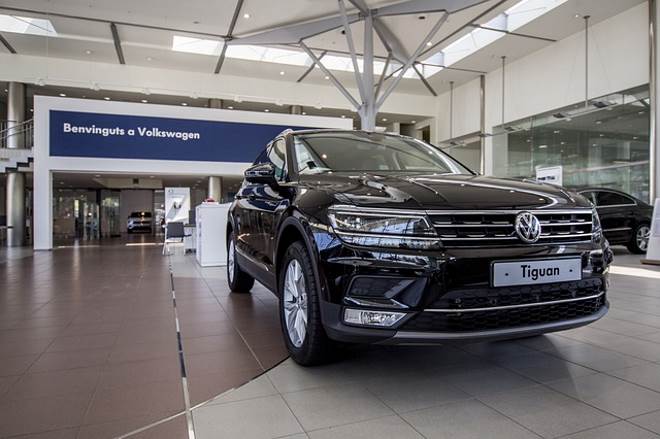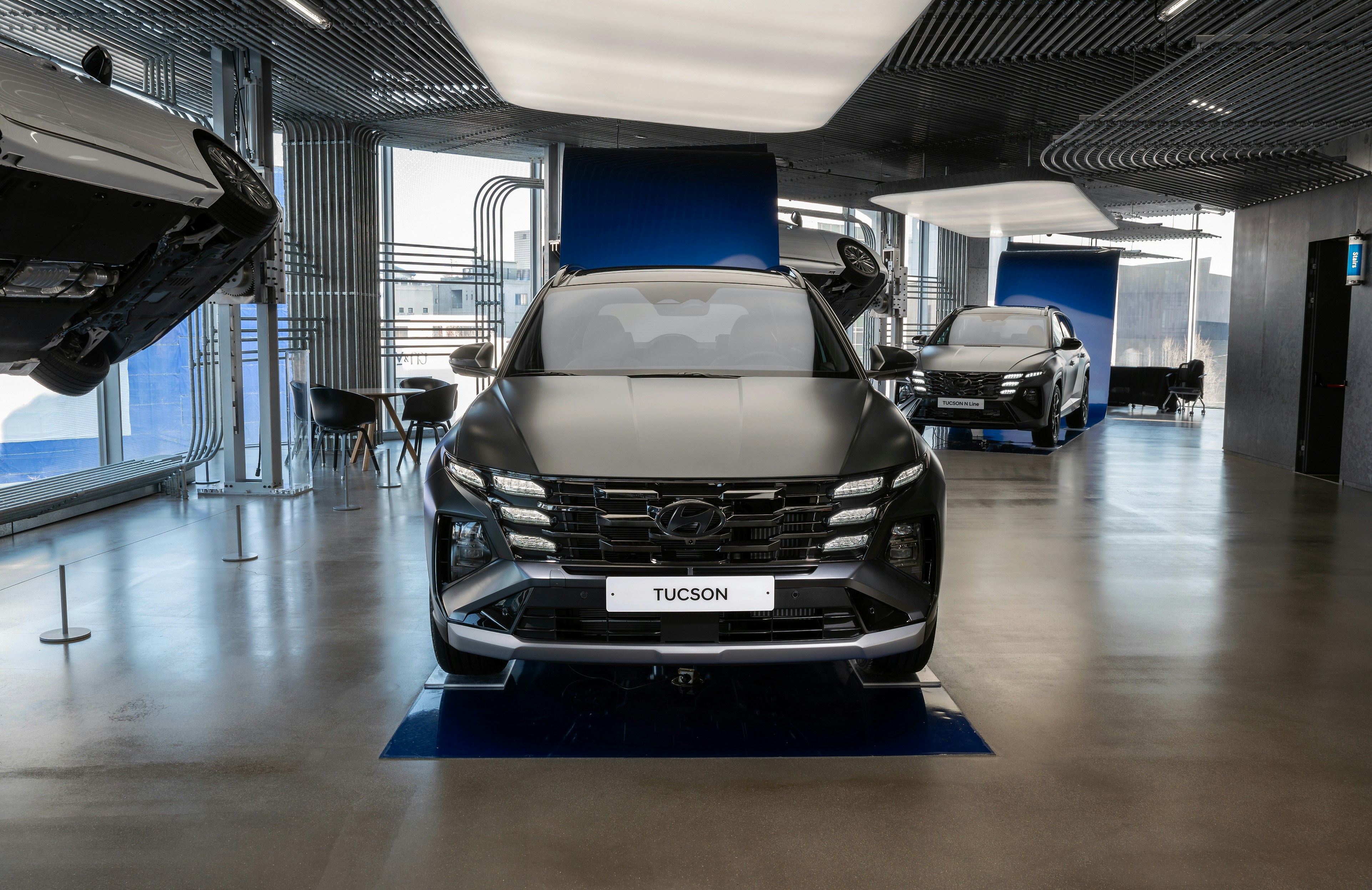Luxury SUV Deals: Smart Ways to Save on Premium Rides
Luxury SUVs promise comfort, safety, and status—yet the best value comes from understanding how deals actually work. Whether you’re considering a lease, low-APR financing, or a certified pre-owned option, the smartest savings come from comparing real numbers, knowing the timing, and asking the right questions at local services in your area. Here’s a clear, practical guide to help you navigate luxury SUV deals with confidence.

What defines a great luxury SUV deal?
A strong deal balances the total cost of ownership with the features you truly value. Look beyond the monthly payment to the money factor or APR, due-at-signing amounts, term length, mileage limits, residual value, and any dealer-installed add-ons. Incentives can include loyalty or conquest bonuses, lease cash, and finance rebates; these are often targeted and vary by region. A fair deal typically means the selling price is close to or below the market average (or invoice for some brands), matched with competitive financing and minimal fees.
Lease vs. finance: which saves more?
Leasing can lower monthly payments compared to buying the same luxury SUV, because you’re financing depreciation rather than the full price. It also keeps you in a newer vehicle with current tech and warranty coverage. However, leases come with mileage caps and potential wear-and-tear charges. Financing builds equity and lets you drive as much as you want; you can keep the vehicle long after the loan ends, which can improve long-term value. Generally, leasing makes sense if you prioritize low payments and frequent upgrades, while financing suits drivers who keep vehicles for many years and want ownership.
bulk_create_keyword and smarter searches
You might see terms like bulk_create_keyword in marketing tools or search ads; treat them as reminders to broaden your queries rather than definitive labels. For better results, combine model and trim with phrases like “lease offers,” “APR specials,” and “in your area.” Use multiple sources: automaker websites, local dealer specials, reputable listing platforms, and enthusiast forums. Cross-check any ad with the official fine print—if a deal looks unusually low, verify the term, due-at-signing, and whether it applies only to well-qualified buyers.
Timing and negotiation tips in your area
Deal momentum often improves when inventory needs to move—after a model refresh, at the end of a sales cycle, or when supply levels are high. Ask local services and dealers in your area if they offer price matching or trade-in bonuses. Request itemized quotes: selling price, incentives applied, doc fees, acquisition fees, and add-ons. For leasing, ask for the money factor, residual value, and any disposition fees. For financing, compare APRs from the automaker’s captive lender and independent banks or credit unions. Negotiate the selling price first, then the financing terms.
Below are representative snapshots to help you benchmark luxury SUV deals. Figures reflect typical ranges seen across major markets and can vary by credit tier, region, inventory, and term.
| Product/Service | Provider | Cost Estimation |
|---|---|---|
| BMW X5 xDrive40i Lease | BMW dealers/BMW USA | $839–$999/mo, ~$4,500–$6,500 due at signing |
| Mercedes-Benz GLE 350 Lease | Mercedes-Benz dealers | $879–$1,049/mo, ~$4,500–$6,500 due at signing |
| Audi Q7 Premium Lease | Audi dealers/Audi USA | $799–$979/mo, ~$4,000–$6,000 due at signing |
| Lexus RX 350 Finance | Lexus dealers | 3.99%–6.99% APR; ~$800–$1,100/mo with ~10% down (60 mos) |
| Volvo XC90 B6/Recharge Lease | Volvo retailers | $899–$1,099/mo, ~$4,500–$6,500 due at signing |
Prices, rates, or cost estimates mentioned in this article are based on the latest available information but may change over time. Independent research is advised before making financial decisions.
Warranty, CPO, and total cost to own
A luxury SUV’s “deal” is only as good as its long-term costs. Consider fuel or charging, insurance, maintenance, and depreciation. Many brands include limited complimentary maintenance, but terms vary; some leases exclude wear items. Certified Pre-Owned (CPO) can be a strong value: you often get extended warranty coverage, a thorough inspection, and lower upfront costs compared to new. If you plan to keep the vehicle beyond the standard warranty, compare the cost and coverage of extended service contracts. For EV or plug-in hybrid SUVs, check whether your area offers charging incentives or utility rebates.
Checklist for comparing offers
-
Confirm the selling price before incentives and the final out-the-door figure.
-
For leases: request the money factor, residual value, term, mileage, and all fees in writing.
-
For financing: compare APRs from the automaker’s lender and your bank/credit union.
-
Evaluate the trade-in separately; get appraisals from two or three sources.
-
Verify add-ons (protection packages, accessories) and decline those you don’t need.
-
Compare insurance quotes by VIN; some trims or wheels can meaningfully change premiums.
-
Read fine print for early termination fees, disposition fees, and purchase options at lease end.
-
Inspect available inventory in your area—color and trim flexibility can unlock better pricing.
Conclusion
The best luxury SUV deals blend the right vehicle, transparent pricing, and terms that fit your driving habits. By weighing lease versus finance, timing your search, and comparing real numbers from multiple providers, you can align premium features with prudent costs. With a careful eye on total ownership expenses and a methodical checklist, your final choice can feel both indulgent and financially sound.






